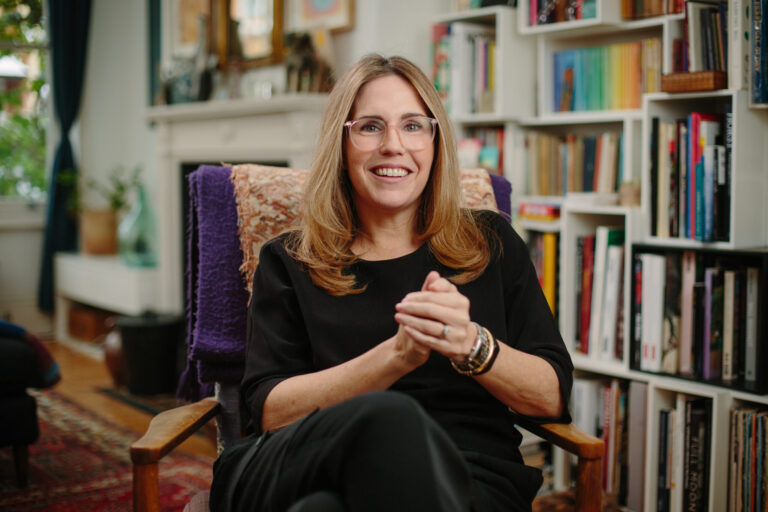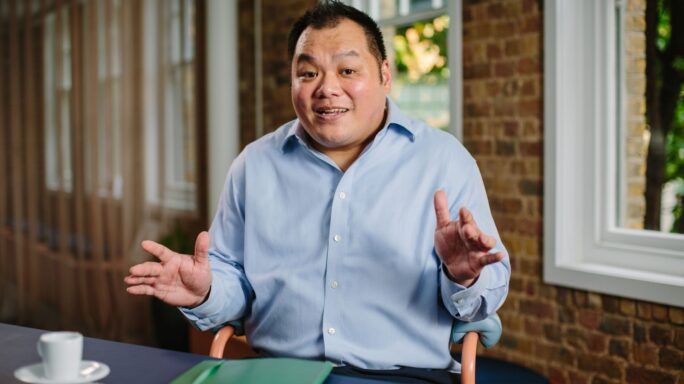Season 3: Building business resilience
How to use lessons from the land to grow a sustainable business

You may be familiar with the phrase a farmer’s work is never done. Well, it turns out a business owner’s work is never done either – we’re working 2,000 hours of overtime per year, according to research by Opus Energy.
Faced with global challenges like inflation and soaring energy bills, a competitive market, a cost of living and a climate crisis, you might think it’s about to get a whole lot worse. But I don’t believe it has to be this way.
Alice holden
As head grower at Dagenham Farm, part of Growing Communities, an award-winning social enterprise farm in East London, I have found that sustainable practices can save us time so we can focus our efforts on growing the business – as well as our crops.
Here are the lessons I’ve learnt from the land and how you can apply them too:
Diversify your business
The seasons are becoming increasingly unpredictable – just because a crop has done well one year doesn’t mean we can rely on it for the next. So, we try not to put all our eggs in one basket.
Diversify your team or the products and services you offer. This is not about creating more work for yourself. But instead, it’s about looking at ways to improve and expand upon what you already have.
Work smart with your seasons
In farming, this means prioritizing the crops when the busy growing season starts in spring and taking stock during our fallow period on the farm in winter.
Identify your busy season when you need to prioritize your efforts and your quieter periods when you can take stock and implement changes. It’s the best investment of your time and energy as it will strengthen your business for years to come.
Be efficient with your time
Since having children, there are more demands on my time. I have to work more efficiently and find processes that require less human input to achieve what I need.
This might mean using the power of the sun on a very hot day to kill off weeds that I don’t want, or the rain to germinate a crop. I’m constantly asking myself, is this the best way?
Often slowing down to think about the best approach can help you save time in the long run.
Work to your own energy
I know my brain functions better for mental tasks in the morning, so if I can, I structure my day to leave physical work to the afternoon. If I feel blocked or stressed while doing work indoors, I know that going outside and doing things using my hands will help me to reset – getting the more mentally demanding work done quicker when I return.
Grow at your own pace
When I first arrived at the farm, the whole site was covered with concrete. I wanted to put as much of the land into production as possible. But I quickly I had too much ground to look after and had spread myself and my resources too thin.
I have since scaled back, valuing soil depth and health rather than just the size of the area. The farm has become more productive and sustainable as a result. Bigger is not always best.
Use nature-positive processes
Eco-friendly alternatives can be more costly, but often they hold a value that customers are prepared to pay for, especially if the benefits are communicated.
Challenge yourself to use less of something or replace a material or process with nature-positive alternatives. Chances are you have what you need and just need to join the dots to find the solution.
Seek inspiration outdoors
The outdoors is where I have my best ideas. So, create an outdoor space at work if you can – or encourage your colleagues to have a ‘walking meeting’. Just remember to get your ideas down once you’ve washed the mud off your fingers.





Leave a comment